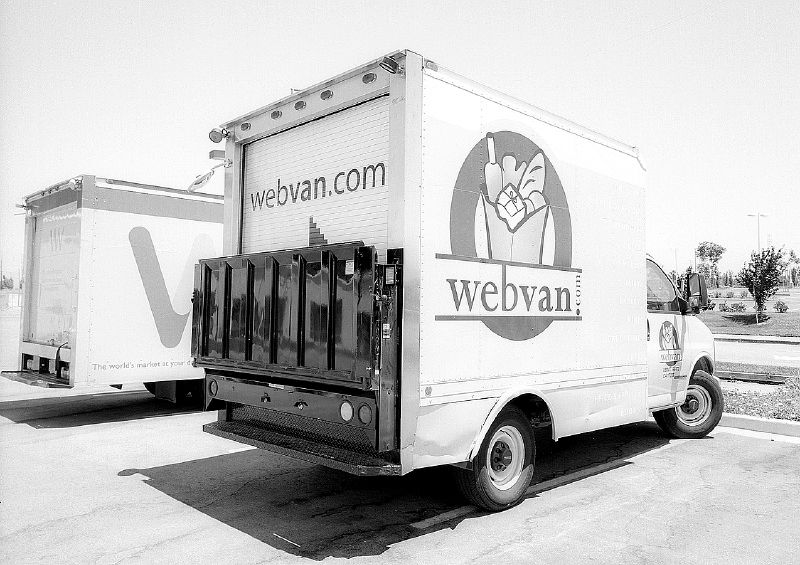One of the group of businesses most affected by the downturn in Silicon Valley investments are the home delivery services.
For the last three years services such as Instacart and Doordash have attracted billions of investor dollars on the promise of become the “Ubers of home delivery.”
Like all Silicon Valley VC plays, the investors in these delivery services were prepared to throw vast amounts of cash at the businesses in the hope they could achieve a monopoly position.
“All these companies are massively subsidized to support growth and restrain growth of competitors.” Quartz magazine quotes Tim Young of San Francisco’s Eniac Ventures, “there’s a point at which the music stops, and investors are no longer willing to see their money go to those subsidies.”
That point seems to have been reached as it becomes apparent none of these businesses will dominate the industry which appears not to be so big after all.
History shows what happens when the money runs out as not being pretty. Already with cash problems looming, the companies are looking at ways to slow their cash burn through reducing contractor rates and slashing overheads.
Instacart is unlikely to survive and if the company does it will be as far smaller business than its investors hoped. Those are the risks when staking money in a tech mania.

Leave a Reply